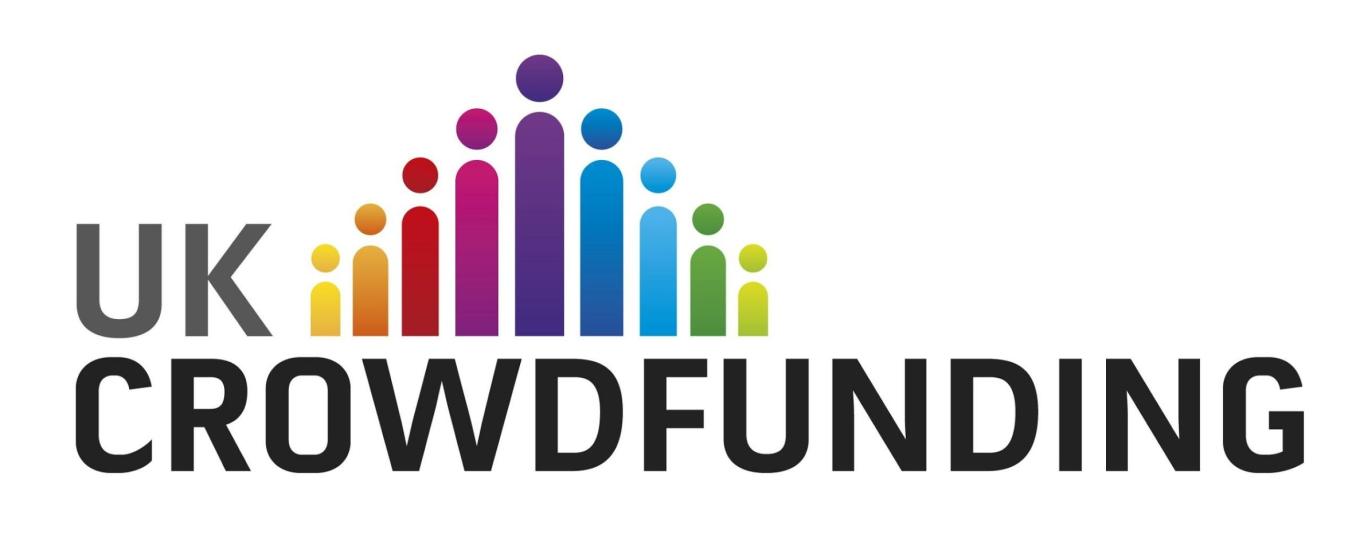Equity crowdfunding
List your business on an authorised online platform and allow members of the public to buy shares in it.
What is equity crowdfunding?
Equity crowdfunding can help your business raise funding from a number of investors, in a regulated way.
You list on an online platform that allows investors and members of the public to buy shares in your business.
An equity crowdfunding platform will assess your business, and the associated documentation you provide, to make sure it complies with its requirements.
Some platforms will also help you choose the timeframe or amount of investment you ask for.
Every crowdfunding platform is different.
Some will manage your communication with shareholders, while others offer business advice.
You should always speak to the platform about its services and specialties before you commit to listing.
Regulations and tax incentives
Financial Conduct Authority (FCA)
In the UK, the FCA regulates all equity crowdfunding platforms.
It also enforces the Prospectus Rules (.pdf - 704kb), which state that if a crowdfunding raise goes beyond €5 million, the company will need to produce a prospectus for the FCA to approve.
Enterprise Investment Scheme and Seed Enterprise Investment Scheme
For crowdfunding projects, the Enterprise Investment Scheme (EIS) and the Seed Enterprise Investment Scheme (SEIS) offer tax relief incentives to investors.
Businesses can raise up to £150,000 under SEIS and up to £5 million under EIS.
What's the difference between equity crowdfunding and peer-to-peer (P2P) lending?
While equity crowdfunding offers investors a small share of your business in return for money, peer-to-peer (P2P) lenders loan money to your business in return for a fixed return over a fixed period.
People often confuse the two, but there are important differences.
Each has different benefits and suit companies at different stages of their growth.
You should consult a qualified financial adviser if you are unsure about the options available to you.
What are the benefits?
Access to capital
Opens up the world of finance for businesses that may have been rejected before.
Engaged investors
Ordinary people choose to invest their own money in your business.
Minority shares
You can give away as much or as little of your business as you like, meaning you can stay in control.
Regulated environment
Platforms must operate according to regulations, which makes them a controlled environment in which investors and businesses can connect.
Help and advice
Depending on which platform you choose, you can get help and support at various stages in the process.
Complement other forms of funding
There's nothing to stop you using equity crowdfunding alongside other types of finance.
What are the risks?
Platform Fees
Some equity crowdfunding platforms charge you to list your business with them.
No guarantee of success
Unfortunately, there's a chance your raise won't have the result you're hoping for.
Added to that, any failure will be in the public eye.
Due diligence and your credit report
Crowdfunding platforms will conduct due diligence.
Depending on the type of checks a platform carries out, this may affect both your personal and your business credit reports.
Is it right for me?
About your business
- Business stage: Pre-revenue through to more established businesses
- Annual turnover: Less than £5m
- Sectors: All
- Regions: All
About the finance
- Purpose of finance: Creating new products, acquisition finance, product development, project fulfilment, entry into new markets
- Amount of finance: Up to £4.3 million without a prospectus, higher with a prospectus
- Duration of finance: Depends on the type of business
- Cost of finance: Depends on the platform. Some charge a success fee (usually a percentage of the amount raised) with a listing fee. Others charge a percentage of profit
- Time to finance: Once your documents are in order, it can take as little as a month
How do I choose the right deal?
Ask an expert: Bruce Davis, founding director at UK Crowdfunding Association (UKCFA)
There are lots of myths surrounding equity crowdfunding, but they are often unfounded.
Here are some of them - and an explanation for why businesses should reconsider what they think they know.
Myth 1: Crowdfunding is too risky
Businesses worry about the risk of damage to their reputation.
But crowdfunding platforms are responsible for conducting due diligence and complying with financial regulations, to keep businesses on the right side of the law.
Myth 2: It's only for high-profile businesses
Some people may look to invest in very consumer-focused businesses, but the crowd is often as diverse as businesses are themselves.
You just need to find the platform that's the best fit for your business.
Do your research and, with each platform, see what kind of businesses have raised funds with them in the past.
Myth 3: It's just an extension of your marketing
Equity crowdfunding is more than just a way to sell your product.
It's actually a regulated investment world that operates like other types of equity finance, such as angel investment and venture capital.
Myth 4: It's easy money
The crowd isn't necessarily easier to secure money from than an investment fund, for example.
The complexities of the due diligence process mean that they involve similar commitments of cost and time.
What do I need to consider?
An open forum
If your business fails to raise money, it does so in firm view of the public.
Due diligence
There are lots of checks.
Crowdfunding platforms will expect you to have your company financial information and Companies House filings in good order, and will do background research on members of your team.
Managing investors
You'll have to answer questions from potential investors, as well as managing their expectations once they've invested.
Fees
Platforms often charge a success fee (usually a percentage of the amount raised) with a listing fee.
Others will take a percentage of your profits.
How do I get it?
The UK Crowdfunding Association's list of members is a good place to start.
You must spend time looking for the right platform for your business.
Be aware that the journey involves lots of due diligence and hard work, so you need to be prepared!
The UK Crowdfunding Association (UKCFA) represents crowdfunding platforms in the UK. The UKCFA has put together some simple videos outlining how crowdfunding works and their role.

Crowdfunding gives businesses the opportunity to tap into the right crowd. These are people who believe in your business and who are willing to put their money behind it. - Atuksha Poonwassie Co-founder, Simple Crowdfunding
Disclaimer: We make reasonable efforts to keep the content of this article up to date, but we do not guarantee or warrant (implied or otherwise) that it is current, accurate or complete. This article is intended for general information purposes only and does not constitute advice of any kind, including legal, financial, tax, or other professional advice. You should always seek professional or specialist advice or support before doing anything on the basis of the content of this article.
Neither British Business Bank plc nor any of its subsidiaries are liable for any loss or damage (foreseeable or not) that may come from relying on this article, whether as result of our negligence, breach of contract or otherwise. “Loss” includes (but is not limited to) any direct, indirect, or consequential loss, loss of income, revenue, benefits, profits, opportunity, anticipated savings, or data. We do not exclude liability for any liability which cannot be excluded or limited under English law.
Tags related to this content:

Making business finance work for you: Expanded edition
Our Making business finance work for you: Expanded edition is designed to help you make an informed choice about accessing the right type of finance for you and your business.



